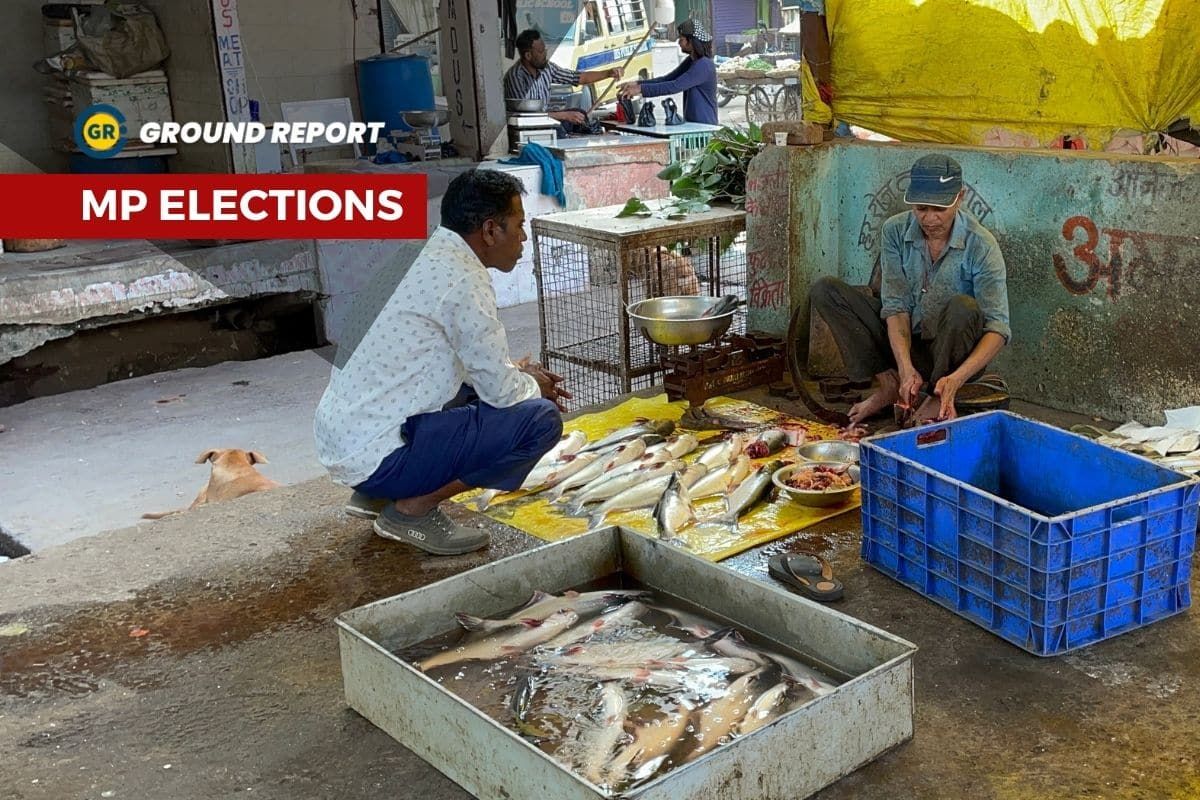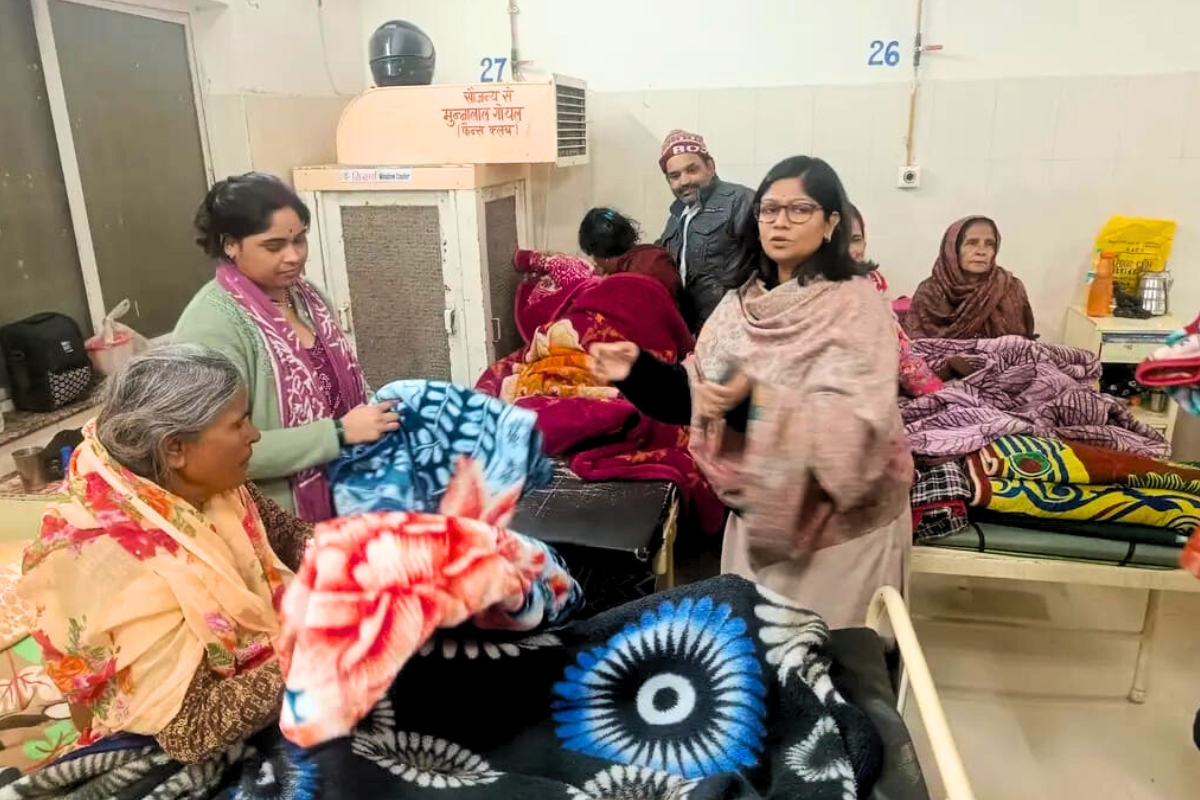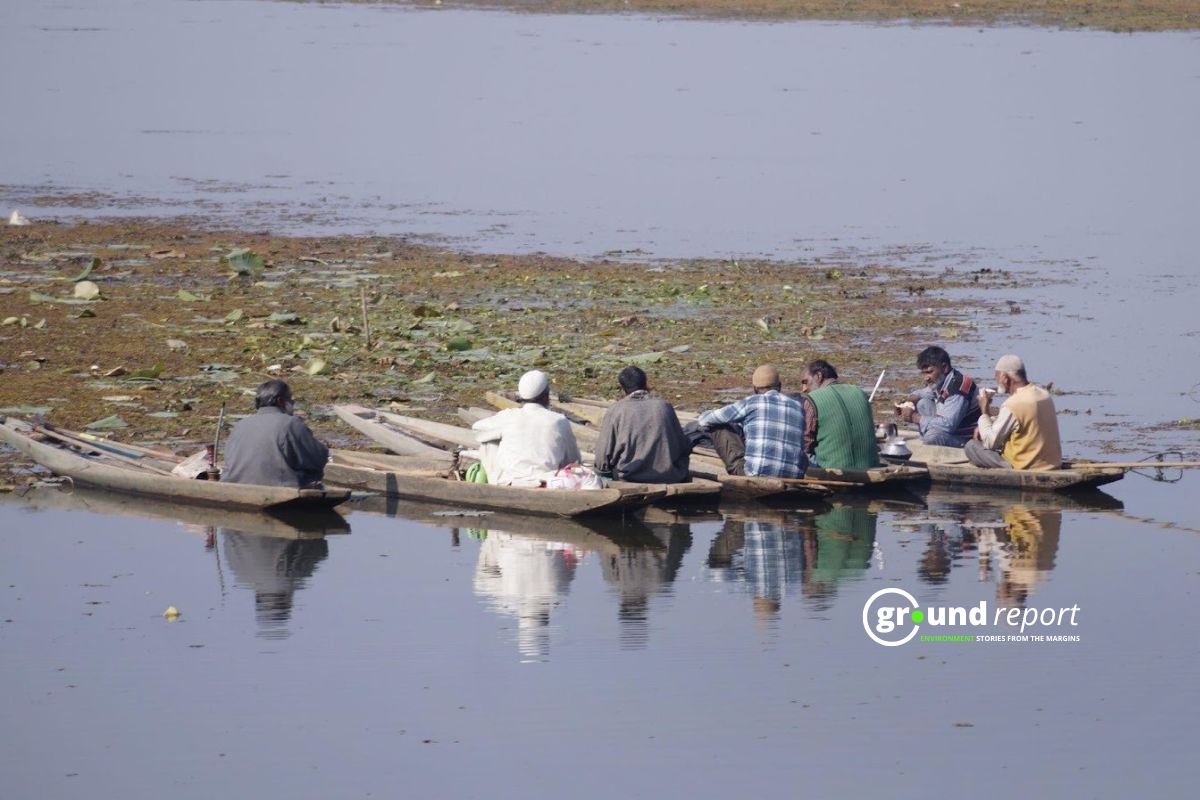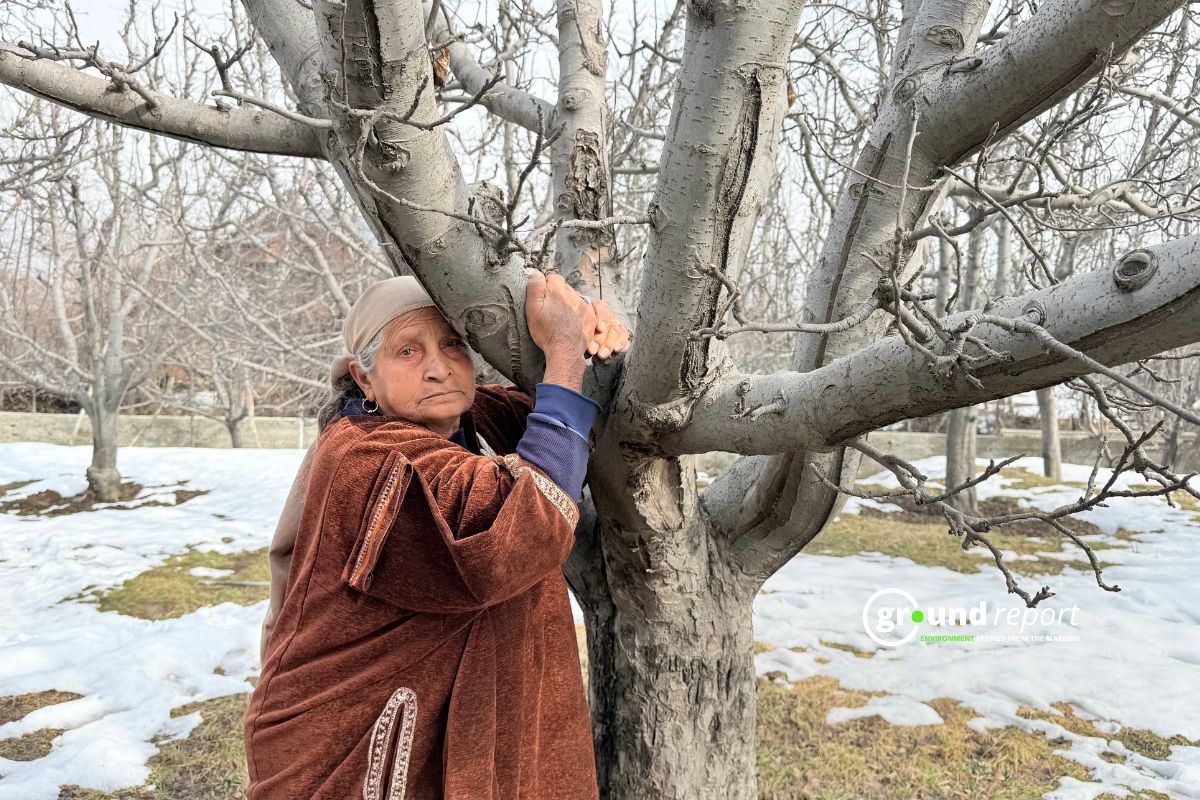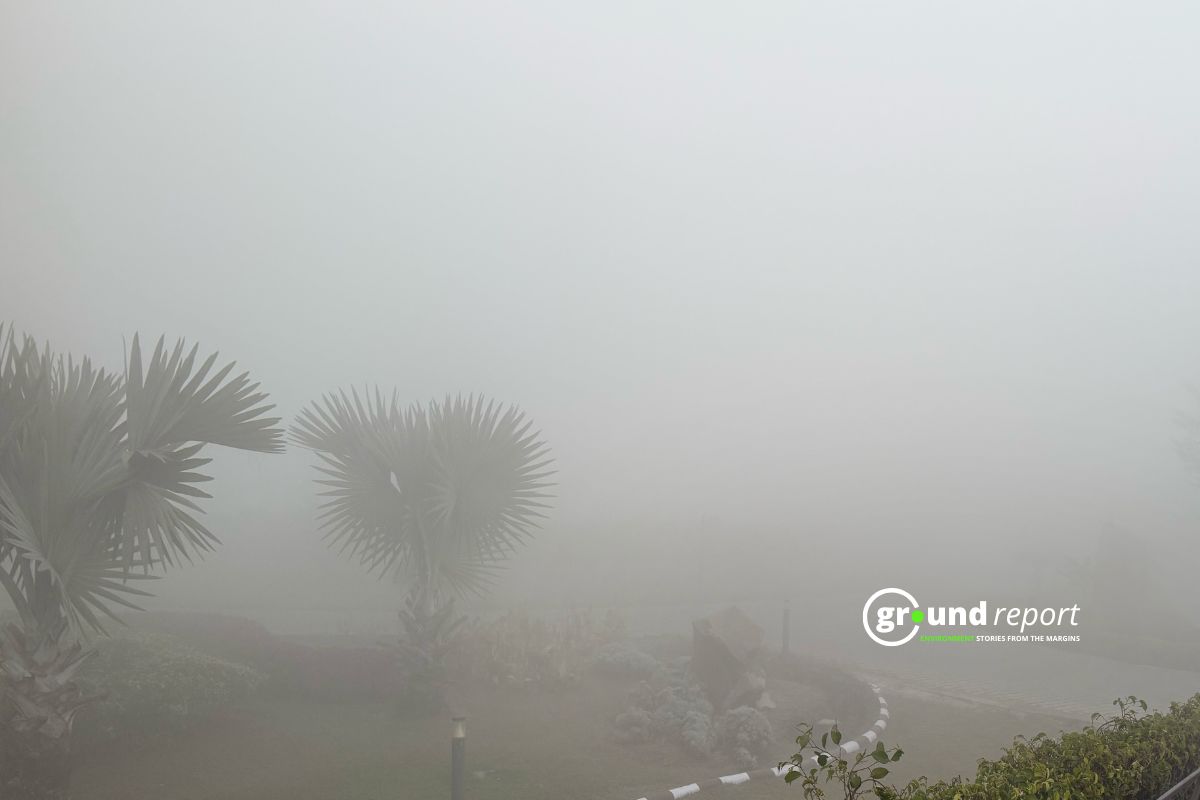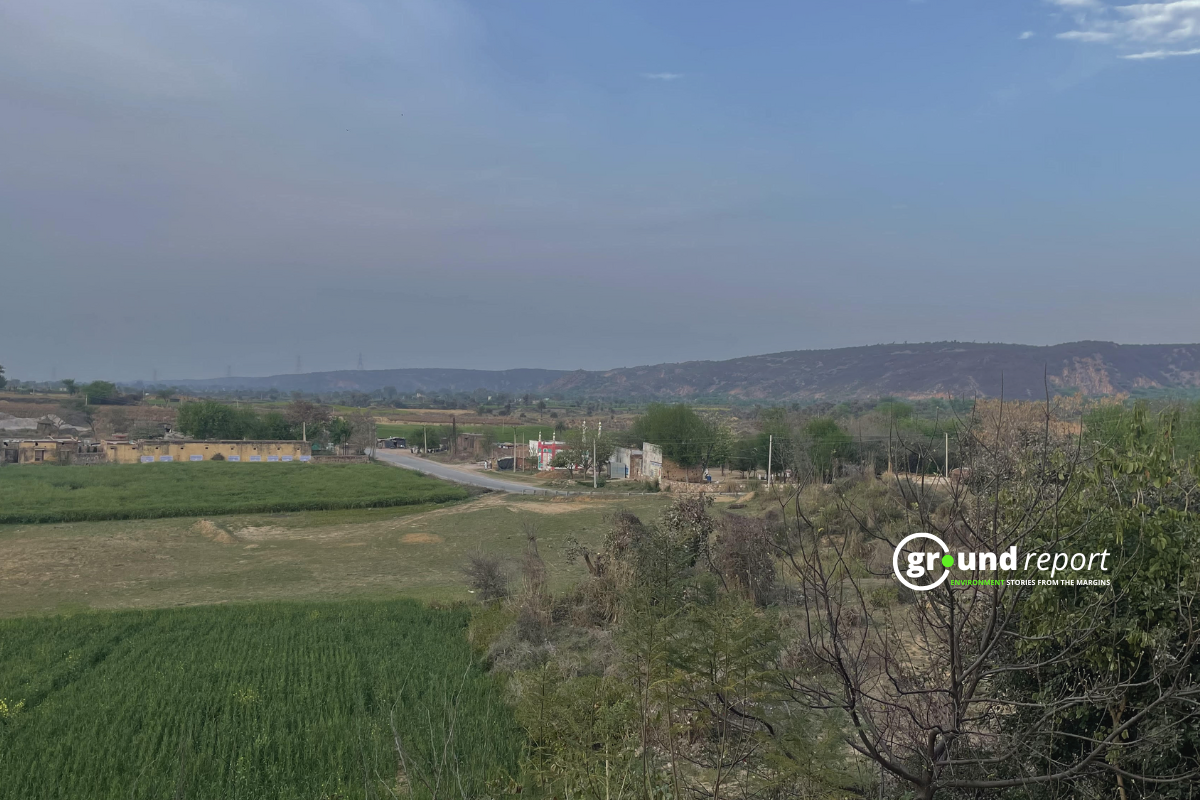Jagdish Kevat, along with his family, resides in a quaint house near Hanuman Fatak (Gate) in the city of Sehore, Madhya Pradesh. In recent months, his once-busy boat has been abandoned in a corner of his house. The pond, previously his primary source of fish, has fallen prey to larger fishermen. Jagdish now grapples with financial difficulties due to unemployment. His meagre income comes from selling fish caught in a nearby river, bringing in an insufficient amount of Rs 300 on a good day. His children pass their time playing with the idle net, while his wife constructs an earthen stove in their courtyard. Voicing his predicament, Jagdish expresses his anger by saying,
“Our community, the Kevats, boasts a generational legacy in fish farming. Yet recently, unemployment rates have spiked dramatically among us. Unfortunately, it seems we have no one who is genuinely willing to listen to our issues.”
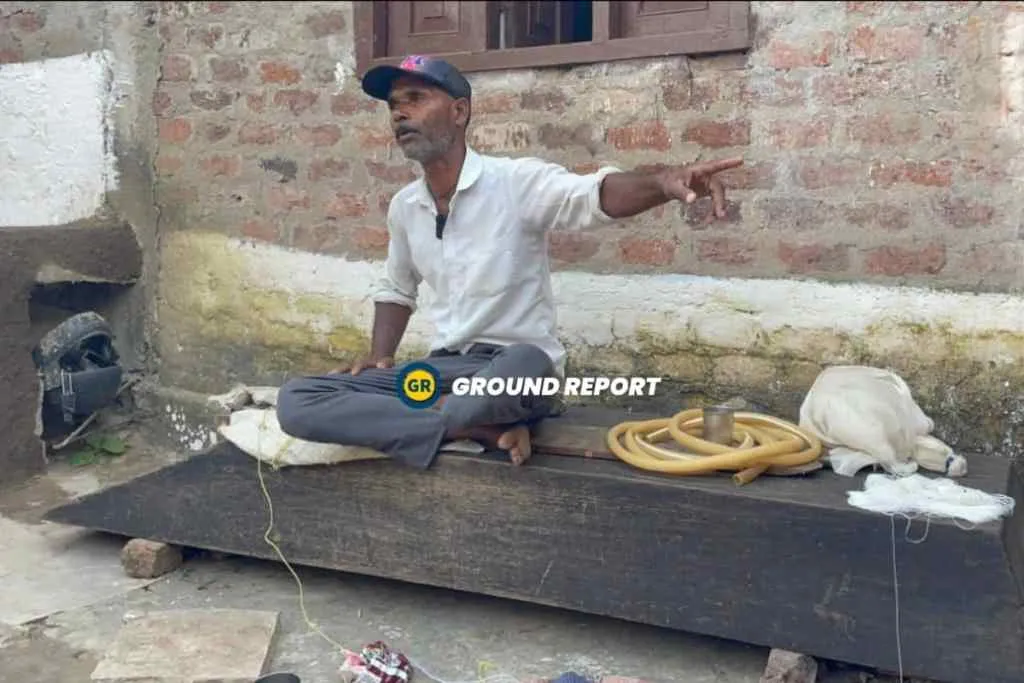
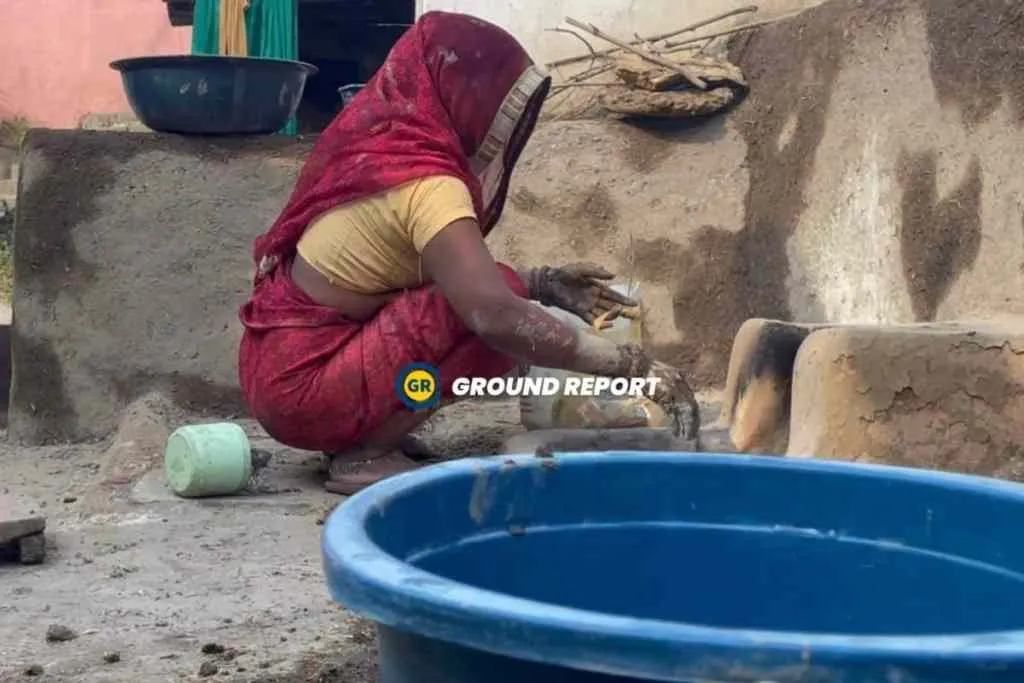
It should be noted that the traditional occupations of the Dhimar, Bhoi, Kahar, Kahra, Dhivar, Mallah, Nawda, Turha, Kevat, Keer, Britiya, Singhara, Jalari, and Jalaranlu castes encompass fishing, palanquin carrying, cultivating water chestnuts and lotus flowers, and water fetching, as well as boating. However, due to limited employment opportunities within these traditional spheres, individuals from these castes often find themselves compelled to assume labourer roles, quite like Jagdish Kevat.
Who has money, has the pond
Jagdish’s father, Hemraj sitting in the corner says,
“For the boatman, river is his provider… his mother, it feeds our families. And, in turn, we uphold our duty to protect and nourish it. Today, however, my helpless children are hungry and starving. Our water bodies are encroached by influential individuals with business interests…Prime Minister Modi’s policies strive for our development. The local leaders are striping us from our the rights.”
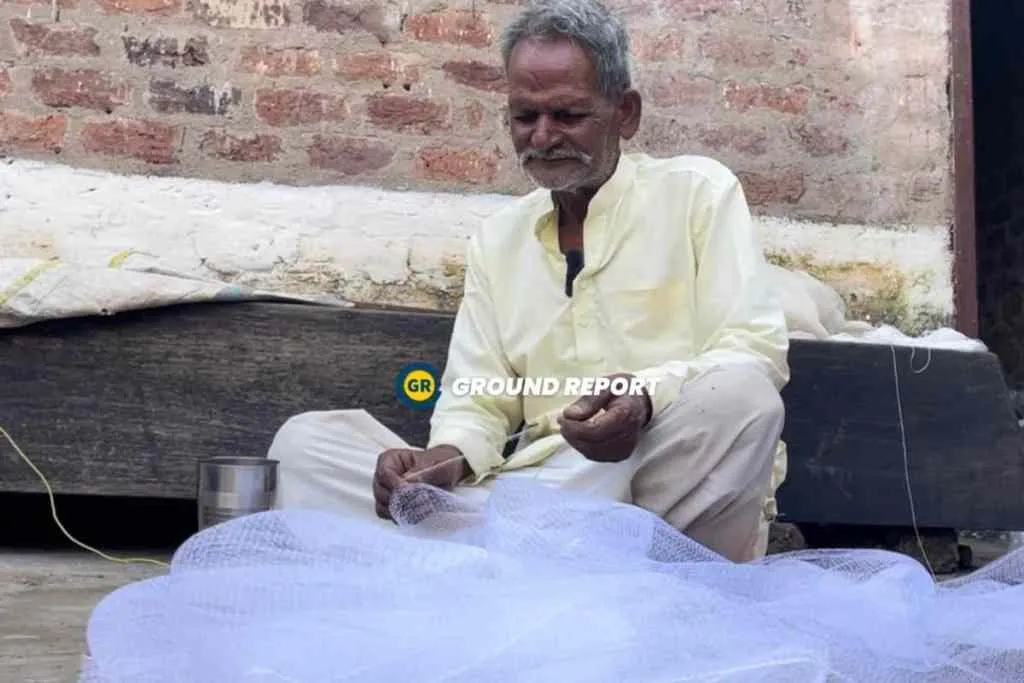
In May, the Manjhi community of Sehore conveyed their issues to Collector Praveen Singh. During this interaction, Om Prakash Raikwar, President of the Manjhi Adivasi Samaj Sangh, also spoke up.
“Despite Chief Minister Shivraj Singh Chouhan’s previous discussions about granting fishermen the rights to farm fish on ponds and reservoirs, contracts are being awarded to non-fishermen. This has unfortunately resulted in widespread unemployment among hundreds of individuals within the Manjhi community.”
How is the allocation of the pond done?
Under the policies of the Madhya Pradesh government, communities such as Kahar, Bind, Mallah, and Kevat, among others, are prioritized when awarding leases for fish farming in ponds. This spans up to one hectare of water area. Applicants from the general category are only considered if no applicants from these selected communities come forward to apply for the lease. These leases are allocated for 10 years, during which the government also provides financial subsidies for fish farming. However, there have been incidents in Madhya Pradesh where these allocation rules for ponds have been disregarded.
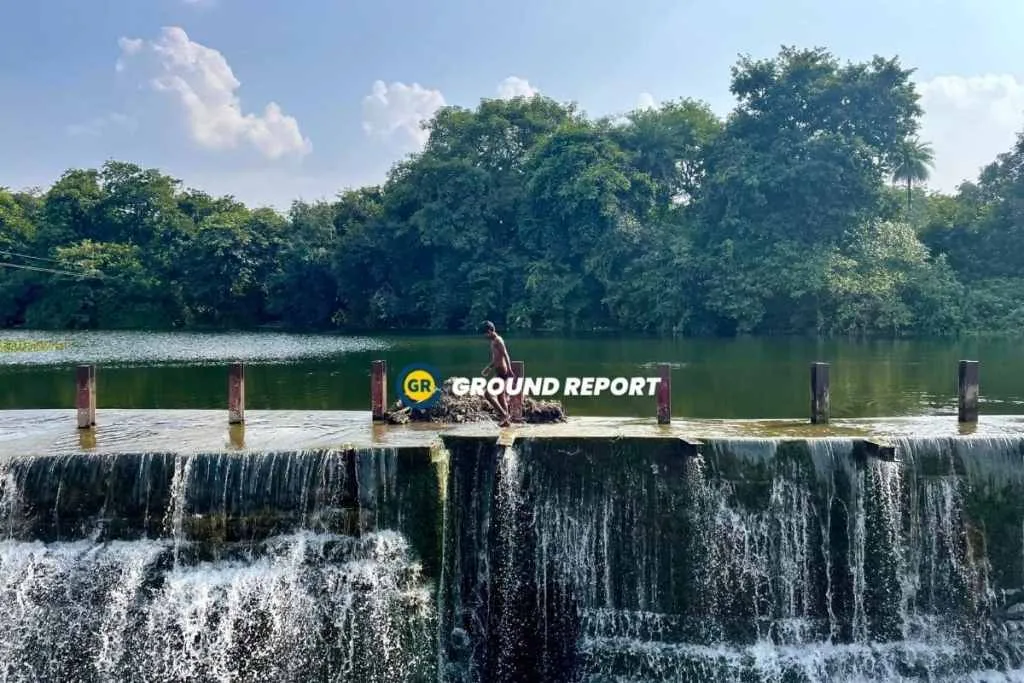
Electric currents kill the fish in ponds
Jagdish remarks that they are frequently barred from fishing in most city ponds by others. He reveals that large-scale fishermen kill the fish by letting loose electric current in the water body. As a result, small-scale fish farmers, including himself, are often left jobless for an entire month. Consequently, he and others in his situation often have to resort to manual labour to support their families.
Inflation has also made the lives of fishermen difficult. Jagdish says
“The necessary supplies for fish farming have substantially increased in cost. Nets, once obtainable for Rs 100-200, now fetch a price of Rs 1000. Meanwhile, crucial household staples such as flour and pulses have seen a surge in prices, creating a significant strain on the household budget.”
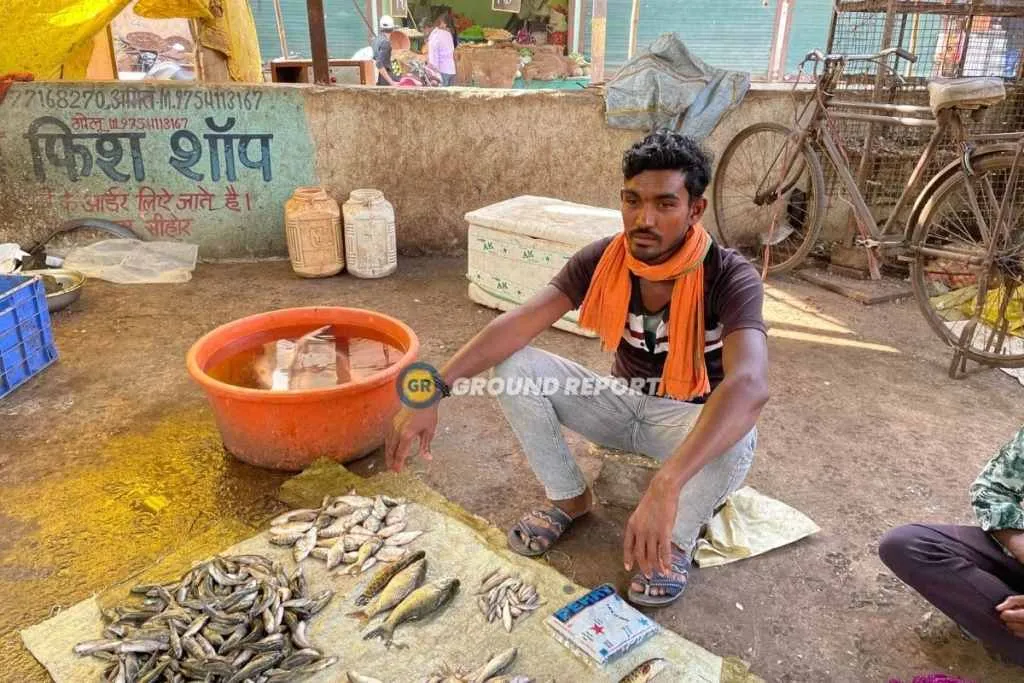
Delay in construction of the fish market
Jagdish Kevat explains that “First of all, fish is not available, even if it is available, one does not know where to sell it, there is neither market nor income.”
Fishermen in Sehore City are challenged by the absence of a dedicated market for their trade. The original market, unfortunately, was demolished by the local administration. It is, currently, occupied by poultry and mutton vendors. Although the officials have set apart land specifically for a fish market in the city, its construction is yet to be finalised. The delay and the lack of retail space have forced the fishermen in Sehore to undertake the journey to Bhopal to sell their catch.
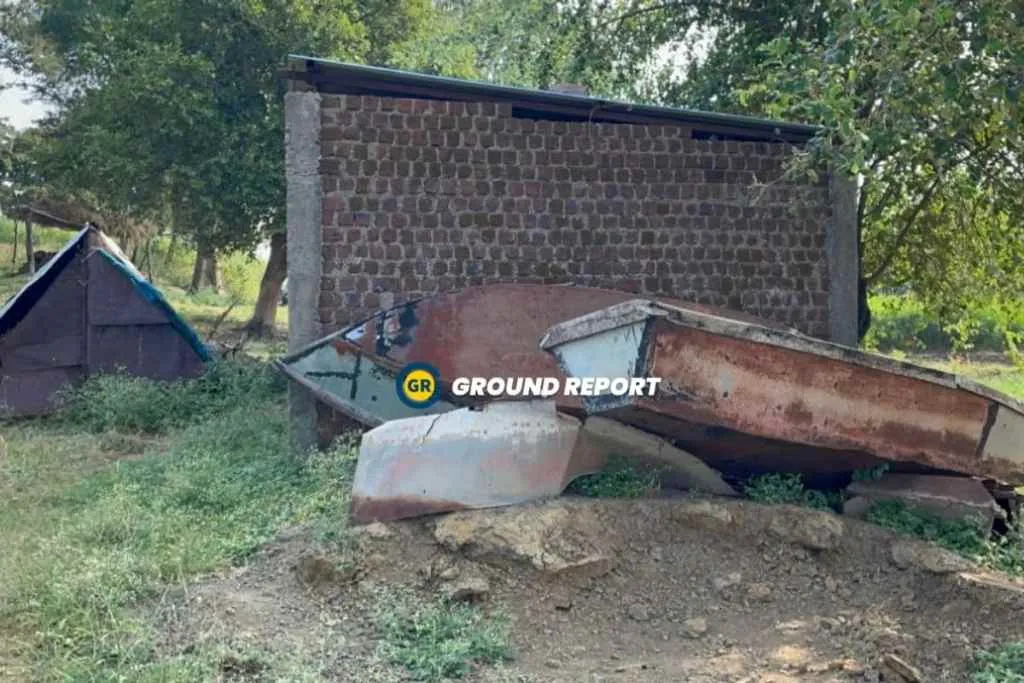
Unlimited possibilities in fish farming in Sehore
The data from the National Fisheries Development Board reveals that Sehore district is home to ponds and reservoirs spanning an area of 3827 hectares. The yearly inland fish production here totals 2695 metric tons, averaging about 2.39 kg per individual in the rural population. Whereas, Bhopal hosts reservoirs across an area of 6312 hectares and raises 1350 metric tons of fish annually. Fisheries in Sehore offer a potentially rich source of employment opportunities that the administration has not yet significantly explored or utilized.
In 2022, Chief Minister Shivraj Singh Chouhan declared his plan to establish a Smart Fish Parlour in every local body, promising a range of clean, fresh fish for consumers and job opportunities for fishermen. Additionally, he pledged to support the financial upliftment of fisherfolk, including assistance with family member weddings, educational initiatives, and an insurance scheme. However, Jagdish maintains that he has not received any benefits from these plans. Furthermore, the ground report team found no signs of any Smart Fish Parlour in Sehore City.
The team at Ground Report is scrutinizing the unfulfilled promises and assertions posed by leaders. These declarations, though proclaimed, did not yield benefits for the intended recipients. As such, Jagdish Kevat’s family, who has been casting votes to the Lotus-symbol party for years, feels deceived. The pond now blossoms with Lotus flowers, yet the boatman, who spent his formative years in the same waters, has been ousted.
Keep Reading
Indian agriculture household earns just Rs. 10,218 in a month: Govt
Post-harvest losses still high, reveals data shared in Lok Sabha
Khadi Haat village’s power-free wastewater treatment solution and more
Support us to keep independent environmental journalism alive in India.
Follow Ground Report on X, Instagram and Facebook for environmental and underreported stories from the margins. Give us feedback on our email id greport2018@gmail.com.
Don’t forget to Subscribe to our weekly newsletter, Join our community on WhatsApp, and Follow our YouTube Channel for video stories.
